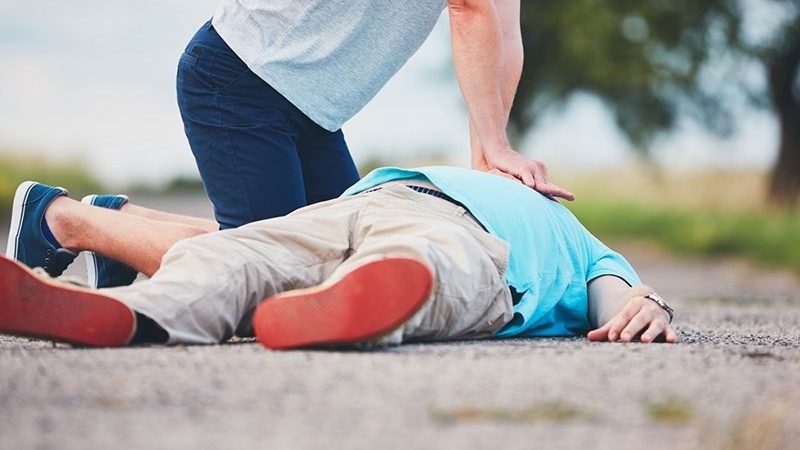Surprisingly, cardiac arrest has become quite common in young adults. You can visit website related to the symptoms of cardiac arrest to know how to overcome those symptoms to escape a sudden cardiac arrest. Help can be immediately offered to the one suffering from cardiac arrest only if know the symptoms.
Let’s take a look at the 3 most common symptoms of cardiac arrest:
- Feeling Weak Or Fatigued
Sudden cardiac arrest is known when a person loses his or her consciousness due to lack of blood being pumped to the brain. Heart blockage first leads to weakness and fatigue and then a person loses his or her total consciousness. This happens when the blood has stopped reaching the brain due to a blockage in the heart. The heart fails to push the blood up to the brain due to which a person faints immediately. While feeling weak or fatigued, a person will show a lot of sweating.
- Falling Short Of Breath
Breathlessness occurs when the blood stops getting pumped up to different organs of your body by your heart. While falling short of breath, the blood backs up in the tubes connecting your lungs and heart. To be precise, the heart becomes inefficient to pump blood throughout your body. This may be due to a sudden blockage in or surrounding your heart area. Please visit website to know what to do when you see a person suffering from breathlessness due to heart attack.
- Sudden Chest Pain
Chest pain caused due to cardiac arrest is also called angina. This happens when your heart is unable to receive enough oxygenated blood. This feels like an acute squeezing or pressure on your chest area. This comes with other symptoms like discomfort in moving neck, shoulder, arm, jaw or back area. The sting-like pain sensation is enough to let you know that there is a chronic heart disease underlying. This pain doesn’t happen all of a sudden. It increases gradually and gives you enough time to rush to your doctor or any nearby hospital.
The moment you see any one showing any of the above three symptoms, you can rush him or her immediately to a nearby hospital for immediate treatment.


